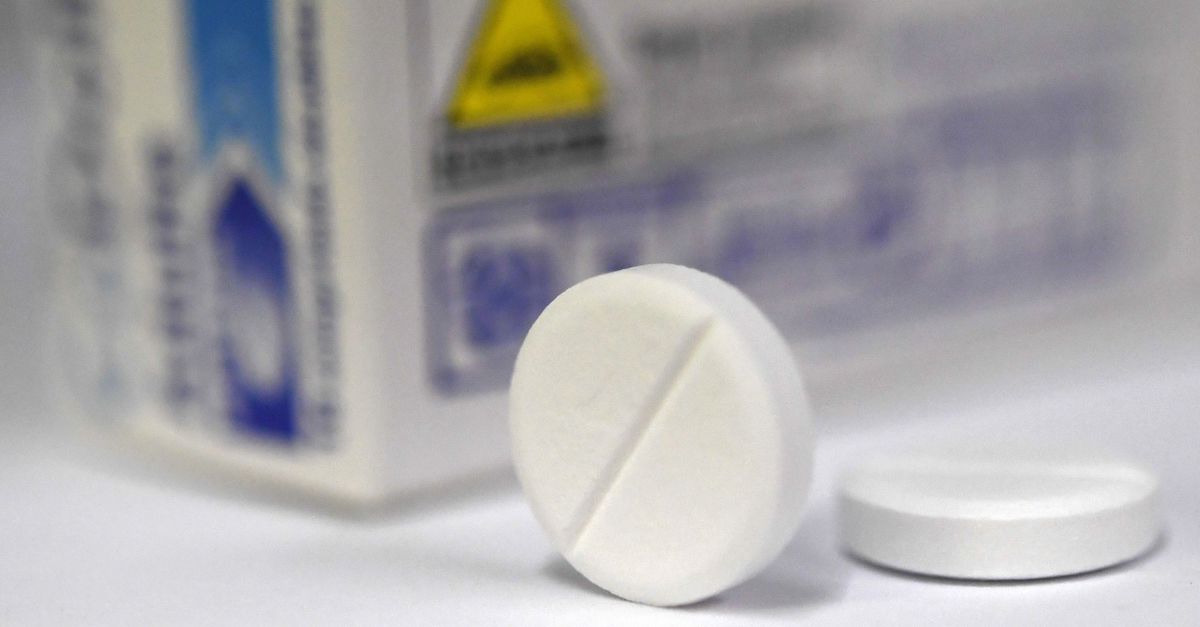
A New York jury held Teva Pharmaceuticals and its affiliates liable for exacerbating the opioid crisis in the Empire State, potentially adding to the up to $1.5 billion that company must pay under a deal negotiated by the attorney general.
“This is a significant day for New York state,” New York Attorney General Letitia James (D) wrote in a statement. “This is a significant day for this nation. But, more importantly, this is a significant day for every family and community torn apart by opioids.”
James applauded the jury for holding an “opioid manufacturer responsible for the death and destruction they inflicted on the American people.”
Over the past year, James and other state attorneys general have clamped down on opioid companies in multibillion-dollar settlements that, in one case, led to a $26 billion agreement with the “Big Three” drug distributors: McKesson, Cardinal Health, and Amerisource Bergen. Another deal proposed the shuttering of Raymond and Mortimer Sackler’s company Purdue Pharma. Initially approved by a bankruptcy judge, U.S. District Judge Colleen McMahon threw out the Sackler deal earlier this month, finding an immunity deal to the Sacklers that came with it was not permissible.
As counted by Reuters, the New York lawsuit is one of more than 3,300 filed by state, local and Native American tribal governments across the country accusing drugmakers of minimizing the addictiveness of opioid pain medications. The jury’s finding of Teva’s liability does not come with a damages award, which will be determined later, the news wire reported.
“Teva Pharmaceuticals USA and others misled the American people about the true dangers of opioids, which is why, in 2019, I made a promise that our team would hold them and the other manufacturers and distributors responsible for the opioid epidemic accountable for the suffering that they have caused,” James said.
Despite the large settlements, not all observers have been happy with the resolutions to date. One deal put Johnson & Johnson out of the opioid business. Various entities that distributed, marketed and made products like Oxycontin have been compelled to cough up millions of documents to a repository for scholars and journalists to name and shame the parties involved in a deadly public health scourge.
Criminal liability, however, has been largely light. In 2007, three Purdue Pharma executives pleaded guilty to misdemeanor offenses that would avoid jail time.
Purdue pleaded guilty to criminal allegations again in late 2020, agreeing to a more than $8 billion deal.
“The criminal settlement from 2007 was just the cost of doing business,” Western New England University School of Law Professor Jennifer Taub previously told Law&Crime on the “Objections” podcast. “The criminal settlement in 2020 […] and now this one in 2021 with the states—you know, yet another slap on the wrist.”
Attorney General James said her office’s work is not done.
“Today, I am left thinking about all those families that will never be whole again,” she said. “For everyone who lost their life. For every parent who will never hold their child again. For every community that’s been devastated. But, today, we took a significant step in righting the wrongs this country has collectively experienced over the last two decades.”
She said that the settlements so far would result in “more than $1.5 billion to New York state to invest in opioid treatment, recovery, and education programs.”
“While no amount of money will ever compensate for the human suffering, the addiction, or the lives lost due to opioid abuse, we will immediately push to move forward with a trial to determine how much Teva and others will pay,” she said.
A Teva representative did not immediately respond to an email requesting comment.
(FRED TANNEAU/AFP/Getty Images)